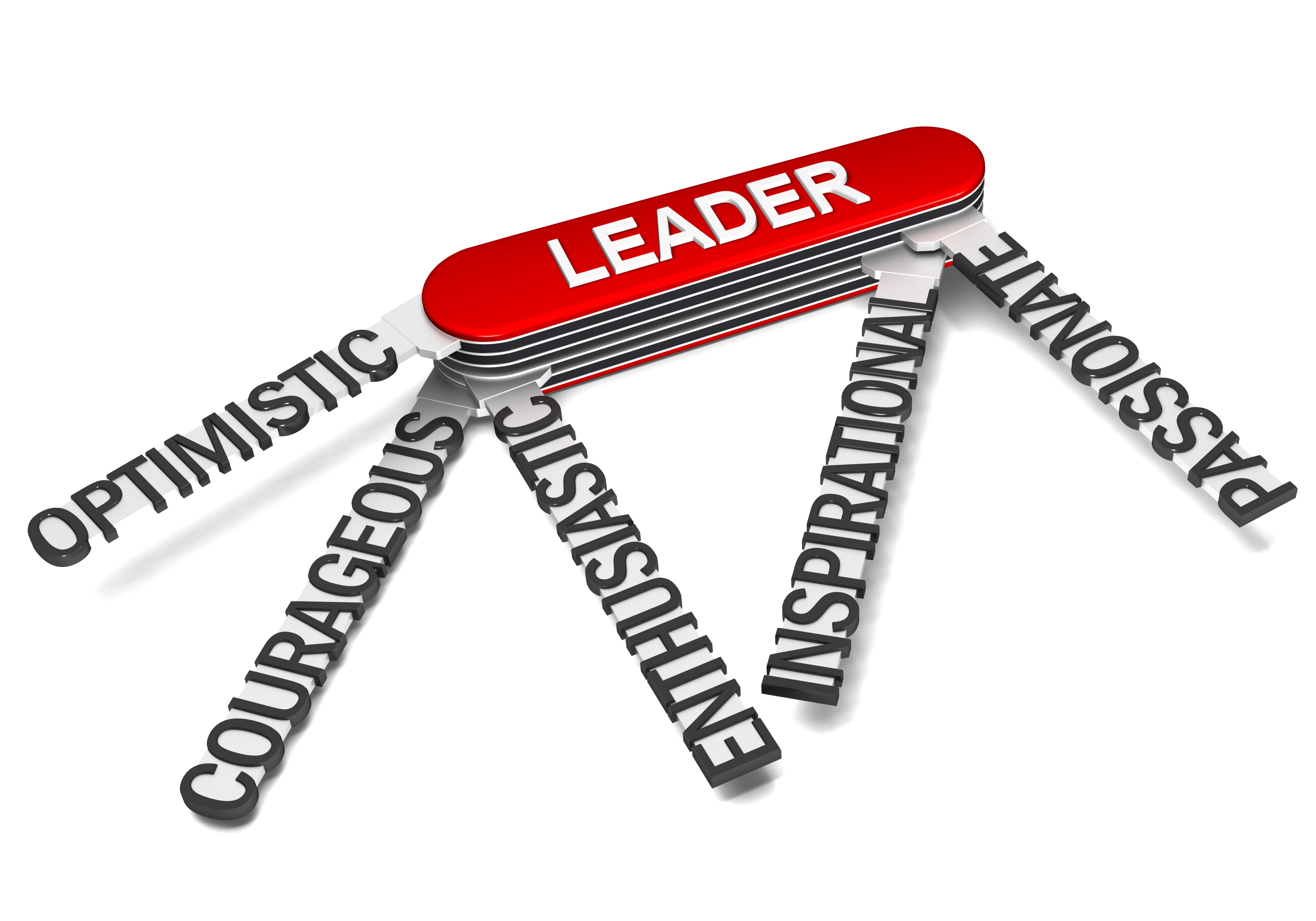What does it take to lead a modern corporate affairs function? As the scope and influence of the Chief Corporate Affairs Officer (CCAO) have grown, so too has the range of personal attributes needed to succeed in the role.
Once seen as primarily tactical, the most influential corporate affairs functions now sit at the heart of enterprise strategy. CA leaders are increasingly called upon by CEOs and boards to advise on critical issues from stakeholder trust, geopolitical risk and sustainability to employee engagement and crisis leadership. Their remit has expanded – often dramatically – to include everything from media relations and internal communications to investor relations, government affairs, brand, social media and ESG.
With this broader influence comes a new level of expectation. Our global work with CA leaders, including delivering over 300 Hogan personality assessments, has given us deep insight into the attributes that define high-performing leaders. Success today requires much more than technical expertise; it demands adaptability, influence and the ability to operate across shifting landscapes with authority and integrity.
And with a recent Deloitte study showing that the roles of Chief Corporate Affairs Officer and Chief Communications Officer grew in prominence by 133% between 2018 and 2023, C-suite representation amongst CA leaders is on the rise, and we expect that trend to continue.
Here are the eight attributes you’ll need to thrive as a contemporary CA leader:
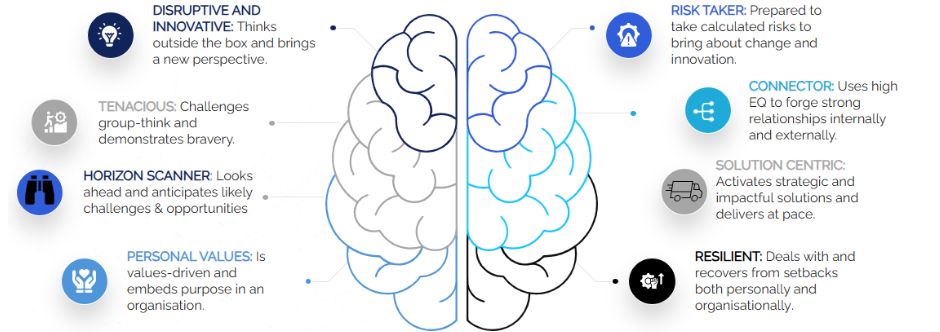
1. Risk-taker
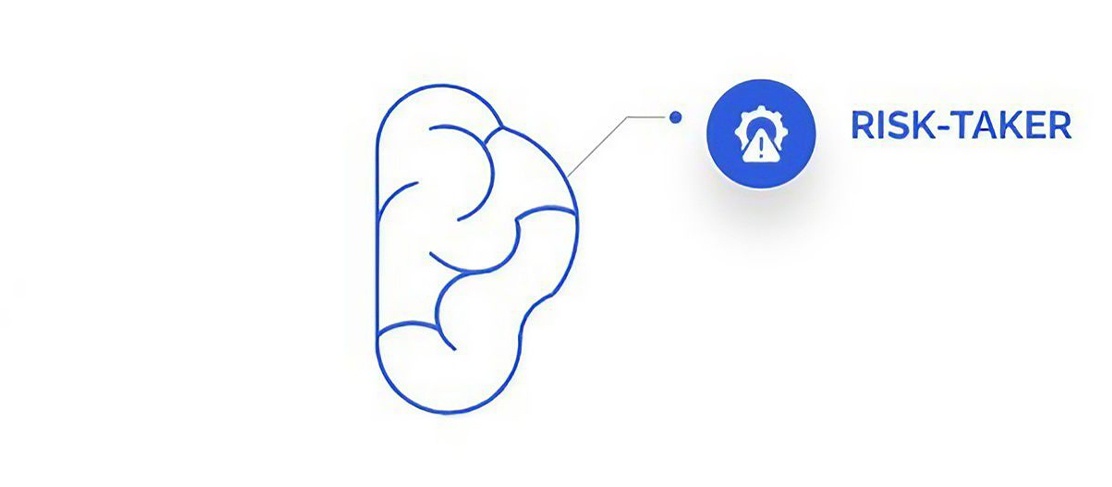
Calculated risk-taking is a hallmark of strong leadership, and CCAOs are no exception. These leaders understand the reputational and commercial implications of action and inaction. They know when to advise caution and when to push forward, especially in moments of crisis, controversy or transformation.
Risk-takers in corporate affairs are not reckless; they’re strategically bold, often the first to challenge “safe” but ineffective approaches and proactively propose impactful routes of action. A balanced approach to risk is often grounded in an ability to view an issue from both the short and long-term perspective, withstand internal and external pressure and the ability to take a data-driven approach to assessing and recommending actions.
2. Connector
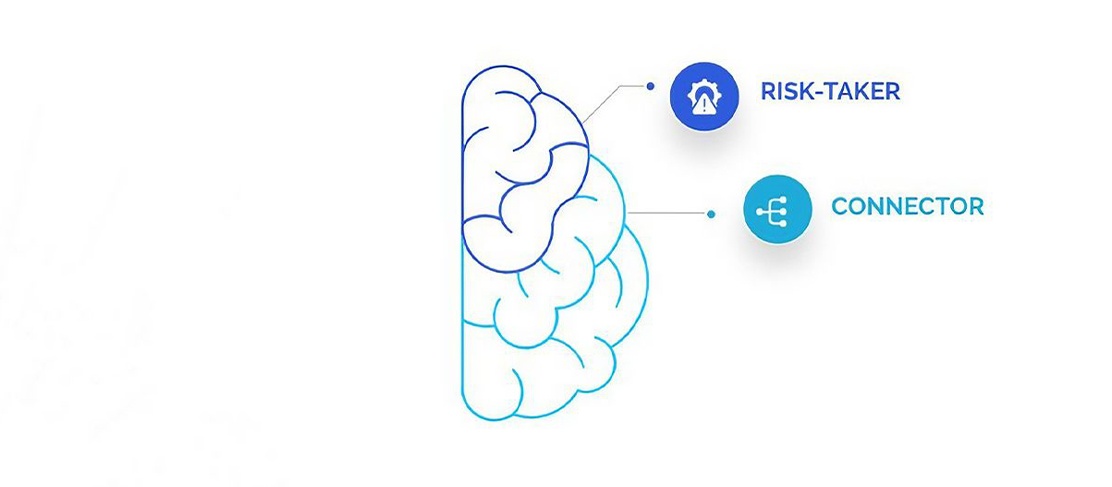
The ability to build relationships across silos, levels and sectors has never been more valuable. High-EQ leaders who can connect with diverse internal and external stakeholders can earn influence far beyond their formal remit. This level of connection also ensures the CA leader can drive consistent messaging throughout the organisation.
Whether navigating sensitive employee issues or engaging with regulators, the connector uses trust and empathy as their most powerful tools, finding common goals and issues to catalyse collaboration at all levels. For example, many senior CA leaders are taking a leading role in driving company culture and are establishing a new model of collaboration and partnership with colleagues in HR.
The best-networked and most well-informed CA leaders often serve as a bridge between business strategy and stakeholder reality, from grassroots customer and employee issues to influencing boardroom decisions.
3. Solution-centric
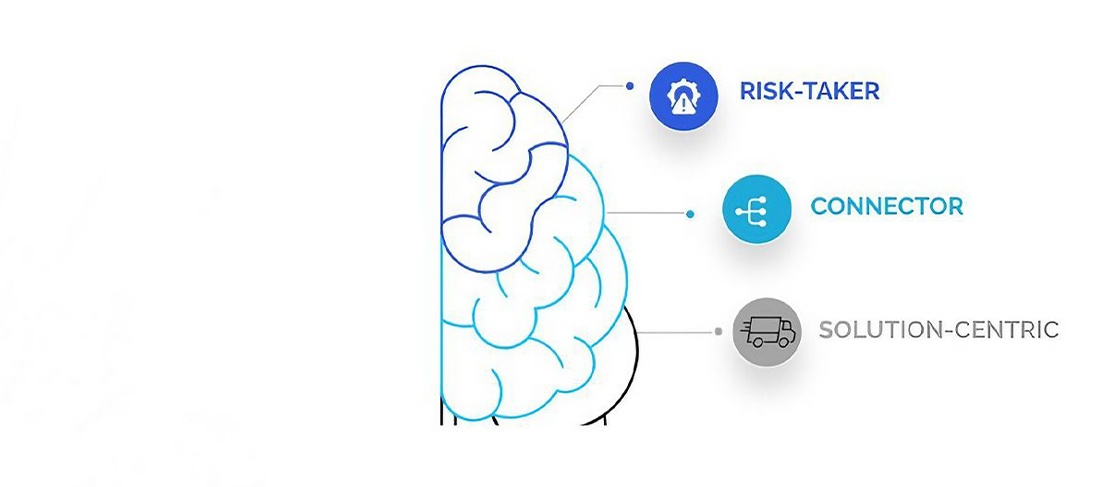
Modern corporate affairs leaders must do more than identify risks or problems, they must drive outcomes. The most respected CCAOs are known for their ability to activate solutions at pace. They bring clarity, alignment and forward motion, even in times of uncertainty and complexity. Whether it’s creating a new employee engagement approach or rebuilding trust post-crisis, these leaders are known for getting things done and delivering tangible results.
A key element of being able to take an outcome-focused approach is a deep understanding of the commercial realities of the business and how they connect to the CA function’s remit. A United Minds study found that business acumen is an imperative for CA leaders and that the world’s top communications leaders recognise the need to be business experts first and communications leaders second. Commercially savvy CA leaders with a track record of driving bottom-line success are increasingly called on to join boards. Their understanding of value creation makes them trusted advisors to CEOs.
4. Resilient
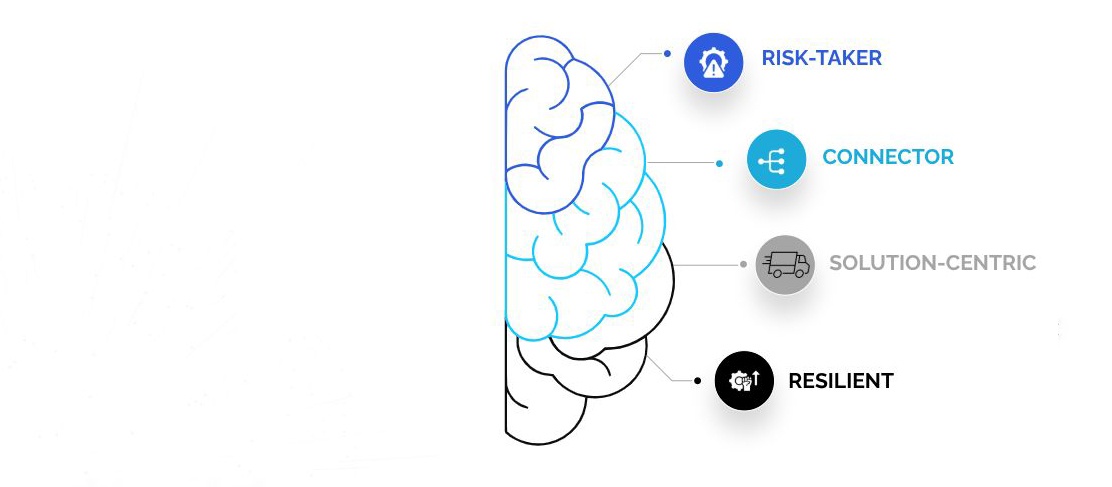
The demands on CA leaders are high, and in an era of “polycrisis,” they can often seem relentless, especially when coupled with an increased remit and reduced resources. Resilience has become an in-demand capability for CA and was ranked as the sixth most important skill in the Andrews Partnership’s 2024 Corporate Affairs Leaders Study, previously ranking well outside the top 10.
Resilience is essential not just for withstanding pressure, but for recovering and learning from setbacks. Resilient CCAOs model calm under pressure, help their teams navigate change and bounce back stronger from reputational hits or internal challenges. Resilient leaders not only model personal strength, they foster cultures where employees feel trusted, empowered, and unafraid to take smart risks.
A CA leader summed this up at an Andrews Partnership roundtable: “Empower your people to make decisions, even if those decisions aren’t right the first time. Adopting a less risk-averse mindset can build resilient, well-equipped teams who feel trusted to do the right thing.”
5. Values-driven
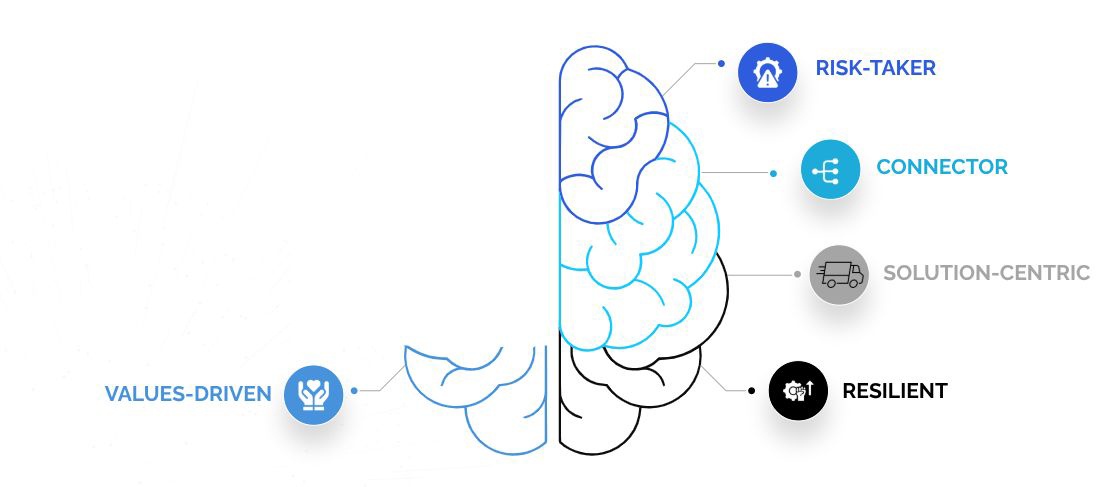
The strongest leaders lead from a place of purpose. CA leaders who are grounded in personal values bring integrity and consistency to their work, helping to embed corporate purpose authentically across the organisation. A strong sense of personal purpose and the ability to connect work with meaningful impact, whether it’s through people, the planet or profit, can also help avoid burnout and overwhelm.
In a climate of growing stakeholder scepticism, values-driven leadership is not just desirable, it’s expected. These leaders are often the conscience of the organisation, trusted by CEOs to safeguard corporate reputation and bring a people- and principles-first perspective.
6. Horizon-scanner
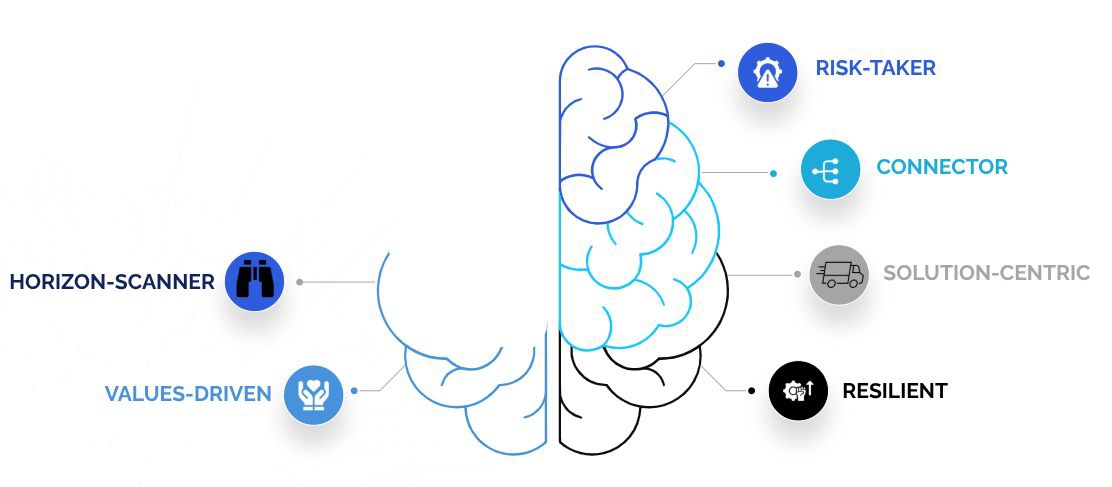
Great CCAOs don’t just respond, they anticipate. The ability to scan the horizon for reputational, regulatory, social and market trends is essential. From AI to activism, stakeholder expectations are evolving rapidly. Today’s reputational risks range from cyberattacks to misinformation that spreads in hours.
Horizon scanners help their organisations stay ahead by spotting emerging risks and opportunities before they land. A well-prepared and flexible approach to crisis communications and a method to assess and grade risks as they emerge are hallmarks of an agile, future-focused CA leader. This mindset is also central to providing effective strategic counsel as CEOs look to avoid pitfalls and capitalise on opportunities.
7. Tenacious
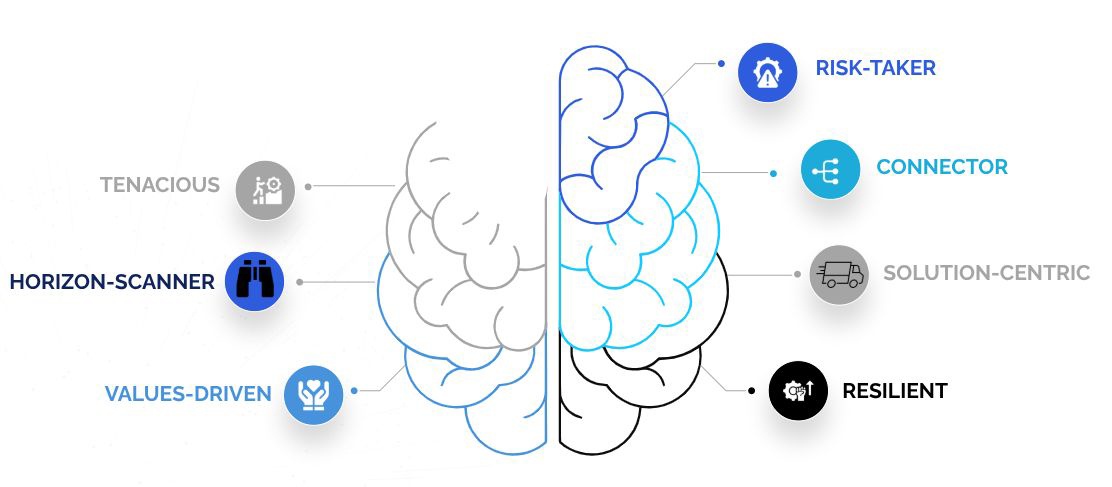
CA leaders often operate in ambiguous environments, balancing multiple priorities and points of view. A climate of geopolitical uncertainty and the potential for unilateral policy changes add another layer of complexity.
Tenacity enables leaders to hold the line on issues that matter, such as reputation risk, ethics or stakeholder transparency, even when it’s uncomfortable. These leaders are willing to challenge groupthink, confront inconvenient truths and advocate for long-term reputation over short-term optics. Principled and determined CA leaders are often called upon by CEOs to help explain, defend or rationalise a company’s stance. Their ability to prioritise the issues that matter and forge a way forward is crucial.
8. Disruptive and innovative
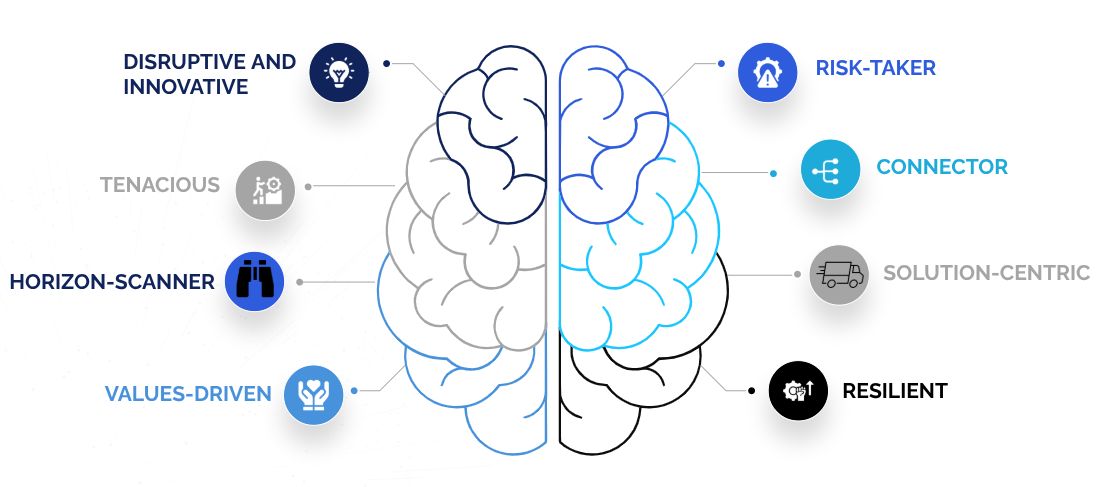
The most impactful CCAOs challenge the status quo. They think beyond the boundaries of conventional communication and bring new ideas to the table. This mindset is essential for driving modernisation in an expanded CA function, from embedding AI into workflows to rethinking stakeholder engagement strategies.
Innovation in corporate affairs doesn’t always mean technology; it often starts with a bold, reframed question or a willingness to break old patterns.
Looking ahead
These eight personality attributes don’t represent a checklist; they’re a composite profile of the capabilities we see in today’s most successful corporate affairs leaders. Some individuals will naturally excel in certain areas and have room to grow in others.
If you’re a CCAO looking to deepen your leadership impact, start by identifying which of these traits come most naturally to you and where you may need to stretch. Development isn’t about changing who you are; it’s about building on your strengths to meet a changing brief.

